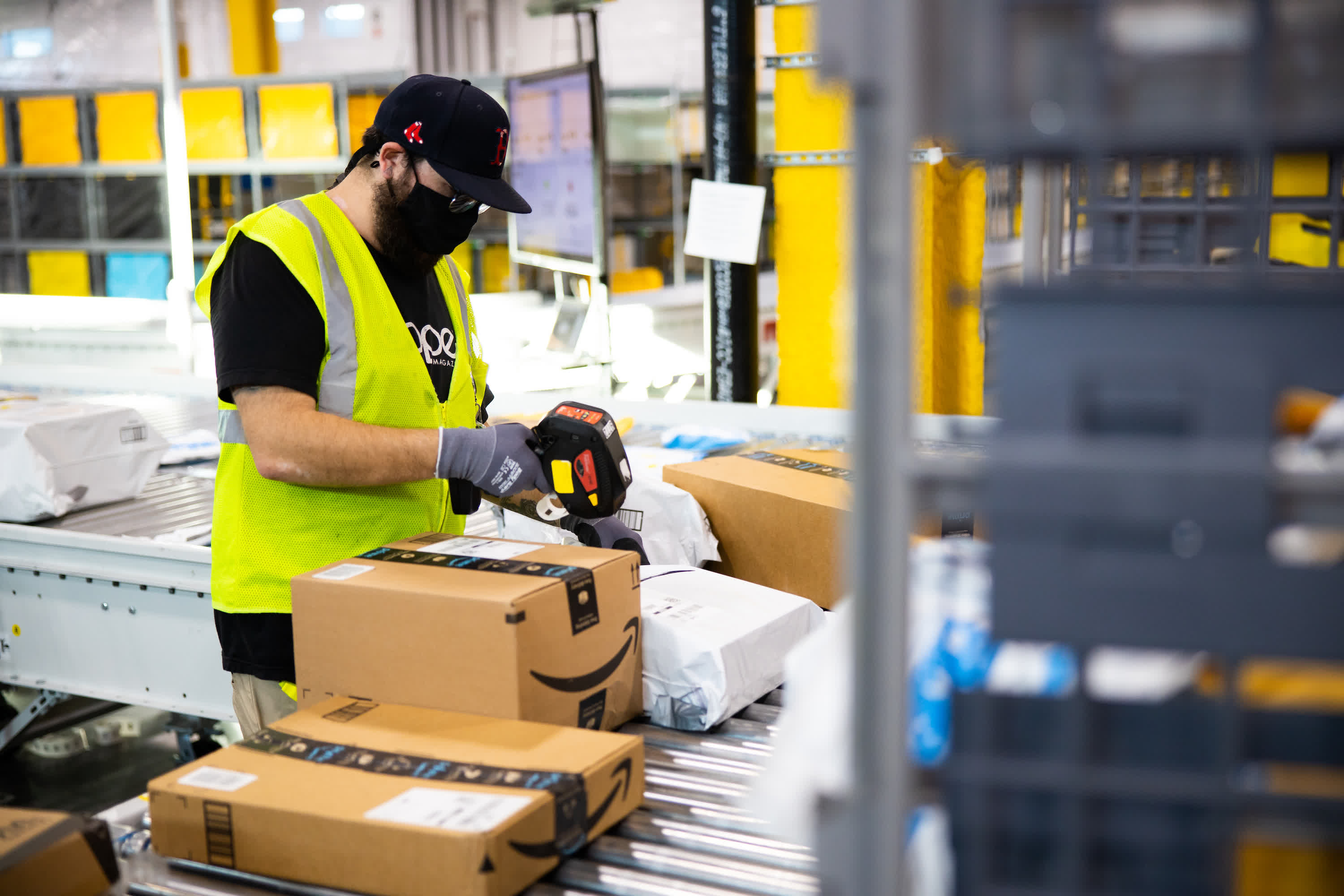Serving tech enthusiasts for over 25 years.
TechSpot means tech analysis and advice you can trust.
What just happened? Amazon has received some good news in the FTC antitrust lawsuit it has been fighting in court. The tech giant just won a partial dismissal of the suit, though the FTC will be allowed to continue pursuing any claims that the judge did not permanently dismiss.
In September 2023, the FTC filed a 172-page antitrust lawsuit against Amazon. The company is accused of harming the public and businesses through anti-competitive policies and conduct, which includes putting its own products first in search results and charging sellers more unless they agree to sell exclusively with Amazon.
Amazon asked US District Judge John Chun to dismiss the case in December, arguing that the FTC had provided no evidence that it harmed consumers, writes Reuters.
Chun's sealed ruling partially granted Amazon's motion, though the FTC can continue its case against the firm by pursuing the claims that were not dismissed.
Chun also ruled that the case will be tried in two parts, denying Amazon's request for evidence of the alleged violations and the proposed remedies to be presented in a single trial.

A month after the lawsuit was filed, a newly unsealed portion of the complaint disclosed the presence of an algorithm known as Project Nessie. This tool was allegedly created to boost Amazon's profits by increasing prices on products while tracking whether competitors followed suit. If retailers like Target did not raise their prices, the algorithm would automatically revert the Amazon product to its original price.
Additionally, the algorithm played a role in adjusting prices during sales, lowering them to match competitors. Once the sale ended, Amazon would maintain those reduced prices for a period of time.
Amazon is also accused in the complaint of encouraging sellers to rely on its advertising and fulfillment services. In its motion to dismiss the case, Amazon asserted that its price-matching practices and Prime shipping services benefit consumers and demonstrate its commitment to competing with numerous online and physical retailers.
Big tech companies are facing a slew of antitrust lawsuits right now. Google lost a massive DOJ trial in August over the $21 billion in payments it made in 2021 to make its search engine the default on various devices and browsers. It is also facing new allegations from Yelp, and a $31 billion digital ad monopoly trial against the firm started last month. Elsewhere, Nvidia is being investigated by the Justice Department, while Epic Games just sued Samsung and Google over alleged collusion to block Play Store alternatives.